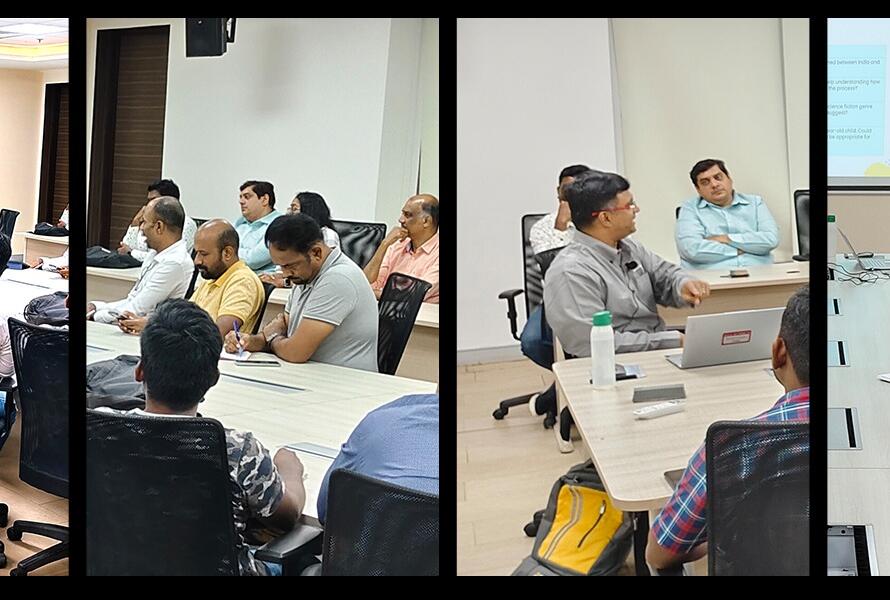In the rapidly evolving landscape of artificial intelligence (AI), the use of training data is a critical component for developing effective and intelligent models. However, one aspect that often goes overlooked is the copyright on the training data used, which can have significant legal implications.
The Overlooked Aspect of Copyright in AI
AI models are trained using vast amounts of data, sourced from various texts, images, and other digital content. While this data is essential for improving the accuracy and functionality of AI systems, it is crucial to recognize that much of this content is copyrighted. This means that the original creators or owners of the content have legal rights that protect their work from unauthorized use.
Imagine an AI model providing an answer that directly quotes an article from a publication like The Hindu. If this answer is reproduced or shared, it may infringe upon the copyright of the publication. Such a scenario is not far-fetched, and the legal repercussions can be severe.
The Reality of Legal Enforcement
One might wonder how copyright owners can enforce their rights in such a vast digital landscape. The reality is that many organizations are increasingly using sophisticated technologies to monitor and protect their content. They can crawl the internet to detect instances where their copyrighted material is being used without permission. If a company or individual is found to be using copyrighted material unlawfully, they can be sued for damages.
While enforcement in countries like India may be less stringent, in the United States, the legal environment is more robust. Companies and law firms are already employing automated systems to track the use of copyrighted material online. They are actively monitoring for potential infringements and are prepared to take legal action to protect their interests.
An Emerging Business Opportunity?
The enforcement of copyright laws in the context of AI training data presents a unique business opportunity. Companies could potentially invest in technologies that help track the unauthorized use of copyrighted content in AI models. Such systems could serve a dual purpose: protecting the rights of content creators and providing a new revenue stream through licensing agreements or settlements from legal disputes.
Given the increasing reliance on AI across industries, the demand for such protective measures is likely to grow. This presents a valuable opportunity for businesses and legal firms to innovate and develop solutions that address these emerging challenges.
Conclusion
As AI continues to integrate into various facets of our lives, understanding and respecting copyright laws is more important than ever. Companies developing AI technologies must be mindful of the data they use and ensure that they have the proper rights to include copyrighted material in their training sets. Failure to do so could result in costly legal battles and damage to their reputation.
For content creators, it is essential to stay vigilant and explore ways to protect their work in this digital age. As technology continues to advance, so too must the strategies to safeguard intellectual property rights. After all, in the realm of AI and data, copyright is not just a legal concern; it’s a matter of respect for the creators whose work fuels the innovation we all benefit from.
If you’re looking for a Corporate Trainer to conduct workshops on AI and its tools, please contact us at https://thefoundercatalyst.com/contact/


